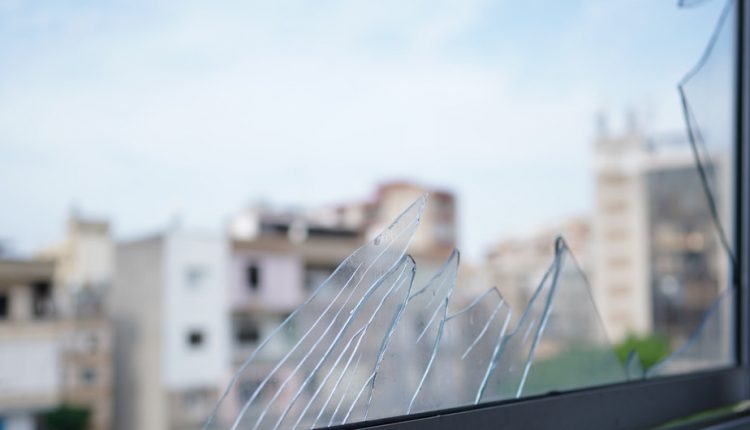Beirut blast aftermath: Healing underway, city needs more support to cleanse ‘deep wounds’
Those affected by the devastating explosions that tore through Beirut 100 days ago, killing more than 200 people, remain in need of crucial support, the UN Children’s Fund (UNICEF) warned on Wednesday.
“While the immediate scars are starting to heal, thanks to extraordinary efforts on the ground, the deep wounds – both visible and invisible – of children and families in a country experiencing multiple emergencies will require sustained solidarity, commitment and support”, said UNICEF’s Lebanon Representative, Yukie Mokuo.
As part of its report, Rising from Destruction. 100 days of UNICEF’s response to the Beirut explosions and the road ahead for children and families, the agency maintained that psychosocial assistance allows them to help residents process trauma experienced during and after the explosions.
“Providing children and parents with psychosocial support is a vital step in helping people rebuild their shattered lives”, she upheld.
100 days of help
A range of interventions has allowed UNICEF to reach more than 33,000 people, including 7,200 children, parents and primary caregivers through child-friendly spaces in affected areas and peer-to-peer sessions since the blast.
The agency has also established an emergency cash transfer programme to support up to 80,000 vulnerable people over the coming weeks and provided over 22,000 children under five, with essential nutrition supplements, including Vitamin A, high energy biscuits and emergency food rations.
Moreover, it has re-established water supply connections in over a thousand buildings, reaching 20,765 people in 4,080 households in addition to installing 4,882 water tanks, including 111 in three heavily affected hospitals in Karantina, Wardiya and Geitaoui.
And UNICEF has distributed critical humanitarian supplies, COVID-19 protection and hygiene items worth $3.7 million to partners, with around 80 percent of the supplies procured locally, supporting the Lebanese economy.
While acknowledging that “UNICEF’s response over the past 100 days has been lifesaving, swift and essential”, Ms. Mokuo stressed that “we cannot rest, and our work continues”.
Support urgently needed
The sheer number of individuals still needing support requires increased funding urgently for key programmes, including child protection, according to UNICEF.
Ms. Mokuo recognized that rebuilding Beirut and lifting the spirit of the people of Lebanon is “a long-term commitment”.
“UNICEF and partners have supported thousands of children and families affected by the blast, but the needs remain acute”, she flagged.
Providing children and parents with psychosocial support is a vital step in helping people — UNICEF representative
To date, the UN agency has received 33 per cent of the $50 million required to respond to the needs of children and families.
Increased funding would allow UNICEF to more effectively address some escalating child protection challenges nationwide, including for families who cannot afford the cost of essential services, contributing towards rebuilding schools and providing employment opportunities to youth working to reconstruct their city.
“We thank our donors – individuals, Governments, businesses – from the bottom of our hearts”, said the UNICEF representative. “Their efforts and commitment help us stand with Lebanon’s children, youths and families”.

